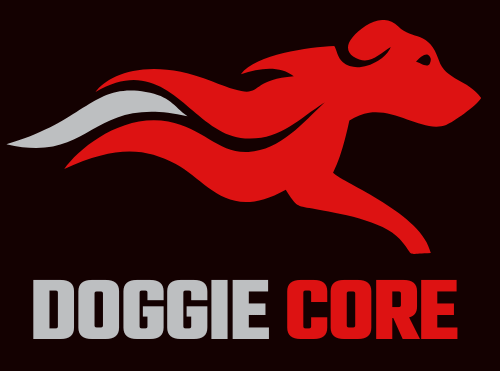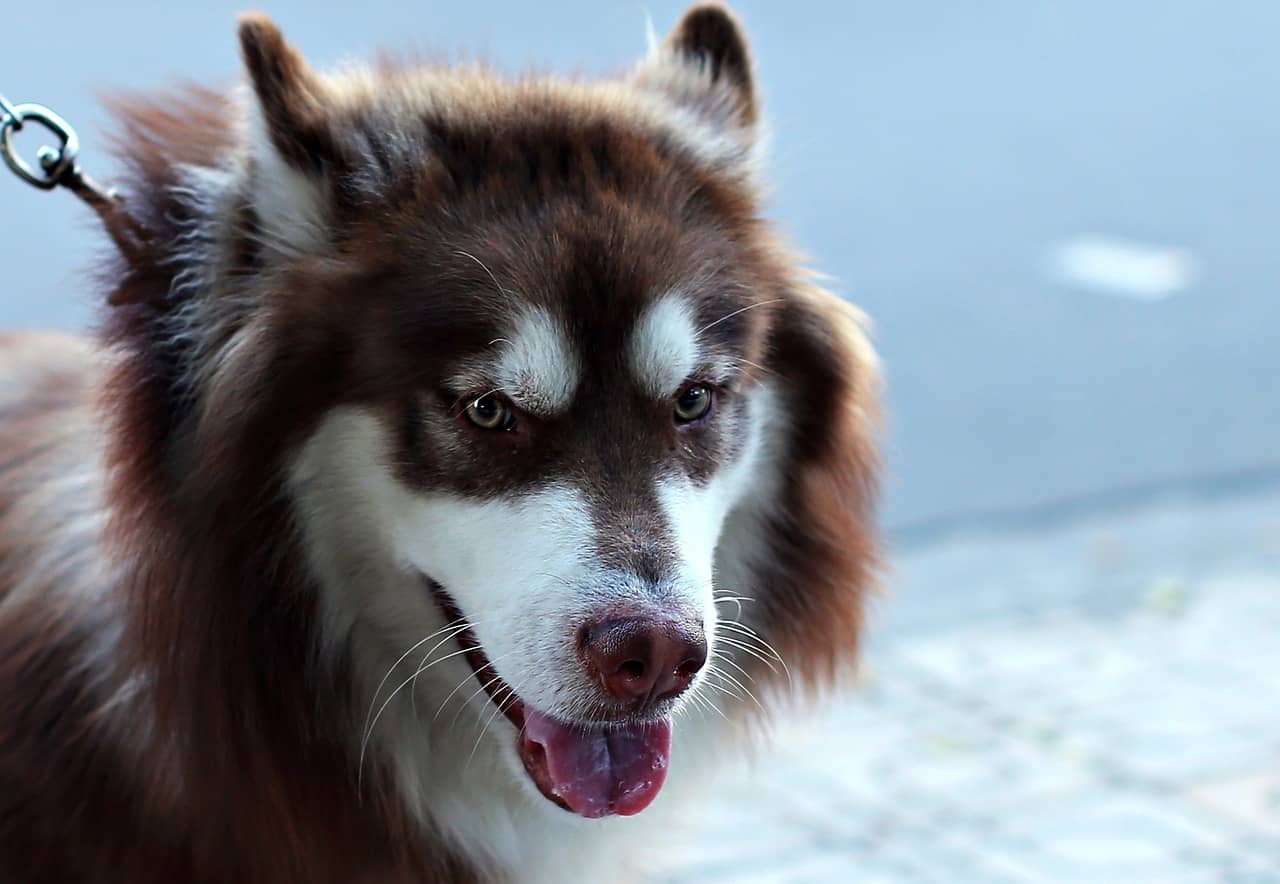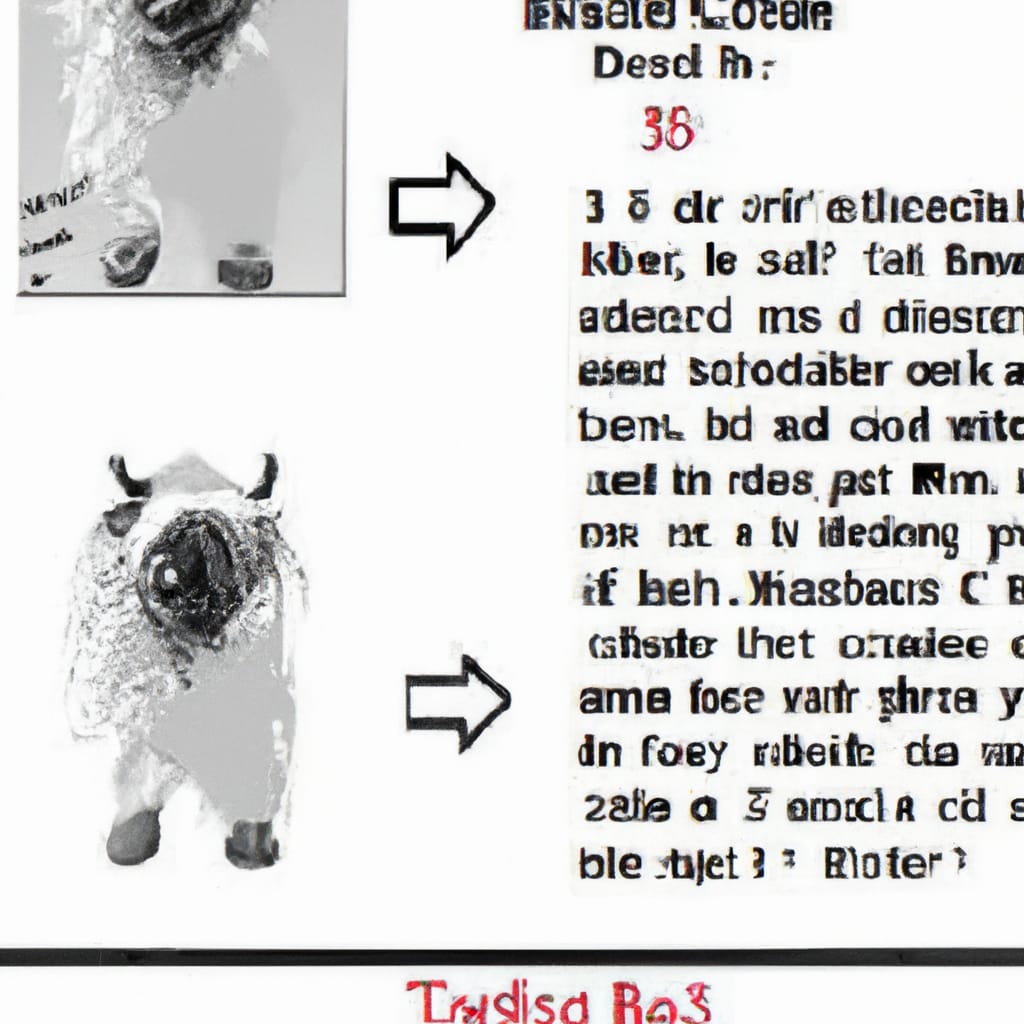What Does It Mean When A Dog’s Nose Is Dry?
Have you ever wondered what it means when your furry companion’s nose feels dry? Don’t worry, it’s a common concern among dog owners. In this article, we’ll uncover the truth behind the dry nose phenomena and shed light on what it may indicate about your dog’s overall health. So, next time you find yourself wondering why Fido’s nose feels a bit different, read on to find out the possible explanations and when it’s time to seek veterinary advice.
Causes of a Dry Nose
Weather conditions
One possible cause of a dry nose in dogs is the weather. Just like humans, dogs can be affected by changes in temperature and humidity. In dry and cold weather, the air tends to have lower moisture content, which can result in your dog’s nose becoming dry and irritated.
Dehydration
Another common cause of a dry nose in dogs is dehydration. When dogs don’t drink enough water, their bodies become dehydrated and this can manifest in various ways, including a dry nose. It’s important to ensure that your dog always has access to fresh water, especially during hot weather or after physical activity.
Allergies
Allergies can also contribute to a dry nose in dogs. Just like humans, dogs can be allergic to certain substances such as pollen, dust, or certain foods. When a dog is allergic to something, their immune system may react, leading to symptoms like a dry and irritated nose. Identifying and avoiding triggers can help alleviate these allergic reactions.
Sunburn
Believe it or not, dogs can get sunburned too, and it can cause their nose to become dry and flaky. Dogs with lighter skin or thin fur on their noses are particularly susceptible to sunburn. To prevent this, it’s important to limit your dog’s sun exposure, especially during peak hours when the sun’s rays are the strongest.
Medication side effects
Certain medications can have side effects that include drying out your dog’s nose. If your dog is on any medications, it’s essential to consult with your veterinarian to determine if these medications could be the cause of the dry nose. In some cases, alternative medications or adjustments in dosage may be necessary.

Signs and Symptoms
Crusty or flakey nose
One of the most obvious signs of a dry nose in dogs is when it appears crusty or flakey. If you notice that your dog’s nose has rough, dry patches or excessive scaling, it can indicate a lack of moisture in the nasal area.
Redness or irritation
A dry nose can often lead to redness and irritation. You may notice that your dog’s nose becomes inflamed, with the skin appearing reddish or even swollen. This can cause discomfort for your furry friend, and it’s important to identify the cause and take appropriate action.
Nasal discharge
In some cases, a dry nose may be accompanied by nasal discharge. This can range from clear and watery to thick and colored. If you observe nasal discharge along with other symptoms, it’s important to consult with a veterinarian to rule out any underlying health issues.
Frequent sneezing
If your dog is experiencing a dry nose, they may exhibit frequent sneezing as a result. Sneezing is a natural way for dogs to remove any irritants from their nasal passages, and it can be a sign that your dog’s nose is dry and in need of moisture.
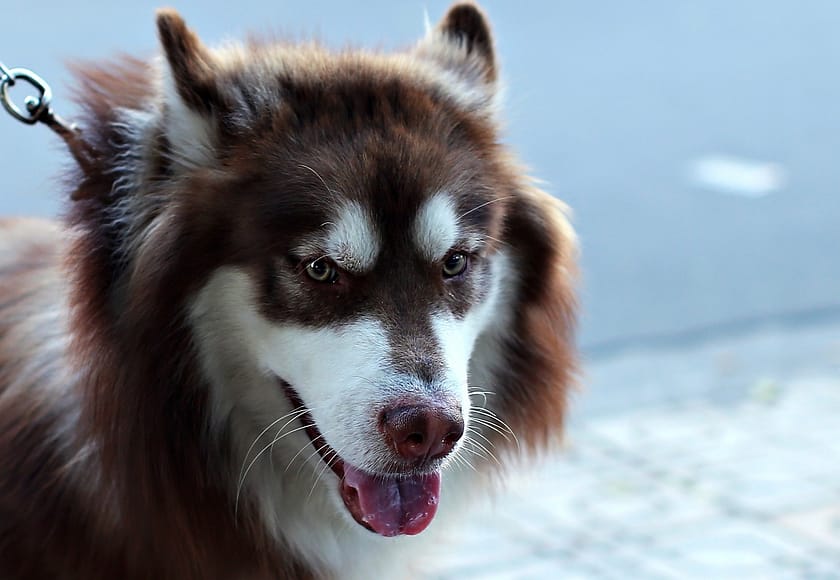
Health Implications
Potential indicators of illness
While a dry nose itself may not necessarily indicate a serious health condition, it could be a potential indicator of underlying illness. If your dog’s dry nose is accompanied by other signs such as lethargy, loss of appetite, or changes in behavior, it’s crucial to consult with a veterinarian to determine the cause and appropriate course of action.
Infection or disease
In some cases, a dry nose could be a symptom of an infection or disease. Certain viral, bacterial, or fungal infections can affect the nasal passages and lead to dryness. If you suspect that your dog’s dry nose is due to an infection or disease, prompt veterinary attention is necessary for proper diagnosis and treatment.
Upper respiratory tract infections
Dry nose can be a symptom of upper respiratory tract infections such as kennel cough or canine influenza. These infections can result in nasal dryness, along with other symptoms like coughing, sneezing, and nasal congestion. If you suspect your dog has an upper respiratory infection, seek veterinary care to prevent the spread of these contagious diseases.
Autoimmune conditions
Some autoimmune conditions can result in a dry nose as the immune system attacks the tissues in the nasal area. Conditions such as systemic lupus erythematosus or pemphigus can cause dryness and inflammation. Diagnosis and treatment by a veterinarian are crucial for managing these autoimmune conditions effectively.
Nasal tumors
Although less common, a dry nose could potentially be a sign of nasal tumors or polyps. These growths can obstruct the nasal passages and cause dryness, along with other symptoms like difficulty breathing, nosebleeds, and facial swelling. Consultation with a veterinarian and possibly further diagnostic tests, such as imaging, may be necessary if a nasal tumor is suspected.
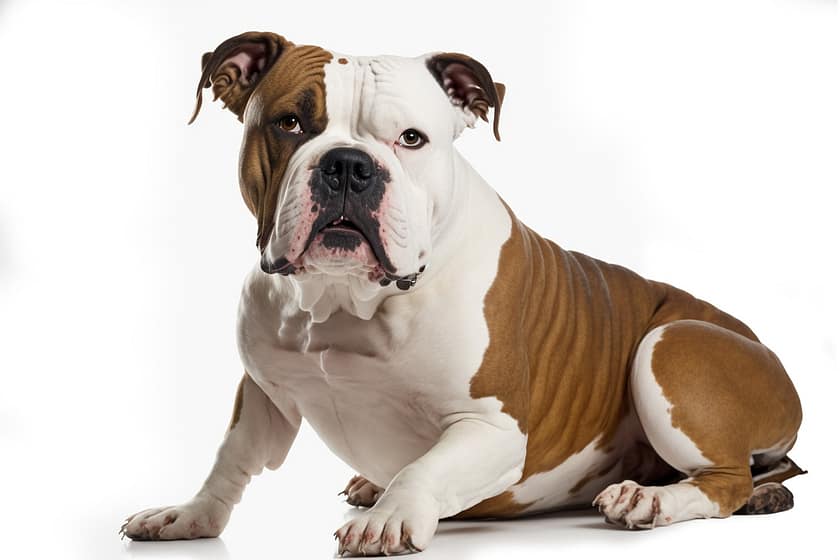
Treatment and Prevention
Keeping the dog hydrated
One of the simplest ways to prevent and treat a dry nose is to ensure that your dog is well-hydrated. Provide fresh water for your dog at all times, especially during hot weather or periods of increased physical activity. Additionally, consider adding moisture-rich foods to their diet, such as wet dog food or adding water to kibble.
Using a humidifier
Using a humidifier in your home can help increase the moisture content in the air, benefiting not only your dog’s nose but also their overall respiratory health. Place the humidifier in a common area where your dog spends a significant amount of time, such as the living room or bedroom.
Avoiding allergens
If your dog’s dry nose is due to allergies, identifying and avoiding the allergens can provide relief. Common allergens for dogs include pollen, dust mites, certain foods, and chemicals. Regular cleaning of your home, washing bedding, and keeping your dog’s environment as dust-free as possible can help minimize exposure to these allergens.
Limiting sun exposure
To prevent sunburn and associated dryness, it’s important to limit your dog’s sun exposure, especially during the peak hours of the day. Provide shaded areas for your dog to rest in and consider using dog-safe sunscreen on areas prone to sunburn, such as the nose and ears.
Consulting a veterinarian
If your dog’s dry nose persists or is accompanied by other concerning symptoms, it’s essential to consult a veterinarian for a proper diagnosis and treatment plan. The veterinarian can determine the underlying cause of the dry nose and recommend appropriate medications, treatments, or lifestyle changes to address the issue effectively.

How to Determine a Dog’s Health
Checking other vital signs
In addition to observing your dog’s nose, it’s important to regularly check their other vital signs to determine their overall health. Keep an eye on their body temperature, heart rate, and breathing rate. Sudden changes in these vital signs can be indicators of health issues that require veterinary attention.
Monitoring behavior and appetite
Changes in behavior and appetite can also provide insight into your dog’s health. Monitor their energy levels, mood, and interest in food and water. A sudden decrease in appetite or lethargy can be signs of underlying health problems and should be assessed by a veterinarian.
Looking for other physical signs
Beyond the nose, examine your dog for any other physical signs that may indicate health concerns. Check their eyes for redness or discharge, their coat for abnormalities such as excessive shedding or skin irritations, and their ears for any signs of infection or irritation. Any of these physical signs can be indicators of potential health issues that should be addressed by a veterinarian.

Conclusion
A dry nose in a dog can be caused by various factors such as weather conditions, dehydration, allergies, sunburn, or medication side effects. While a dry nose alone may not necessarily be a cause for alarm, it’s essential to be aware of the potential health implications and be proactive in identifying the underlying cause. By keeping your dog hydrated, using a humidifier, avoiding allergens and excessive sun exposure, and consulting with a veterinarian when necessary, you can help maintain your furry friend’s nasal health and overall well-being. Remember to monitor their vital signs, behavior, and other physical signs to ensure they are in good health.
